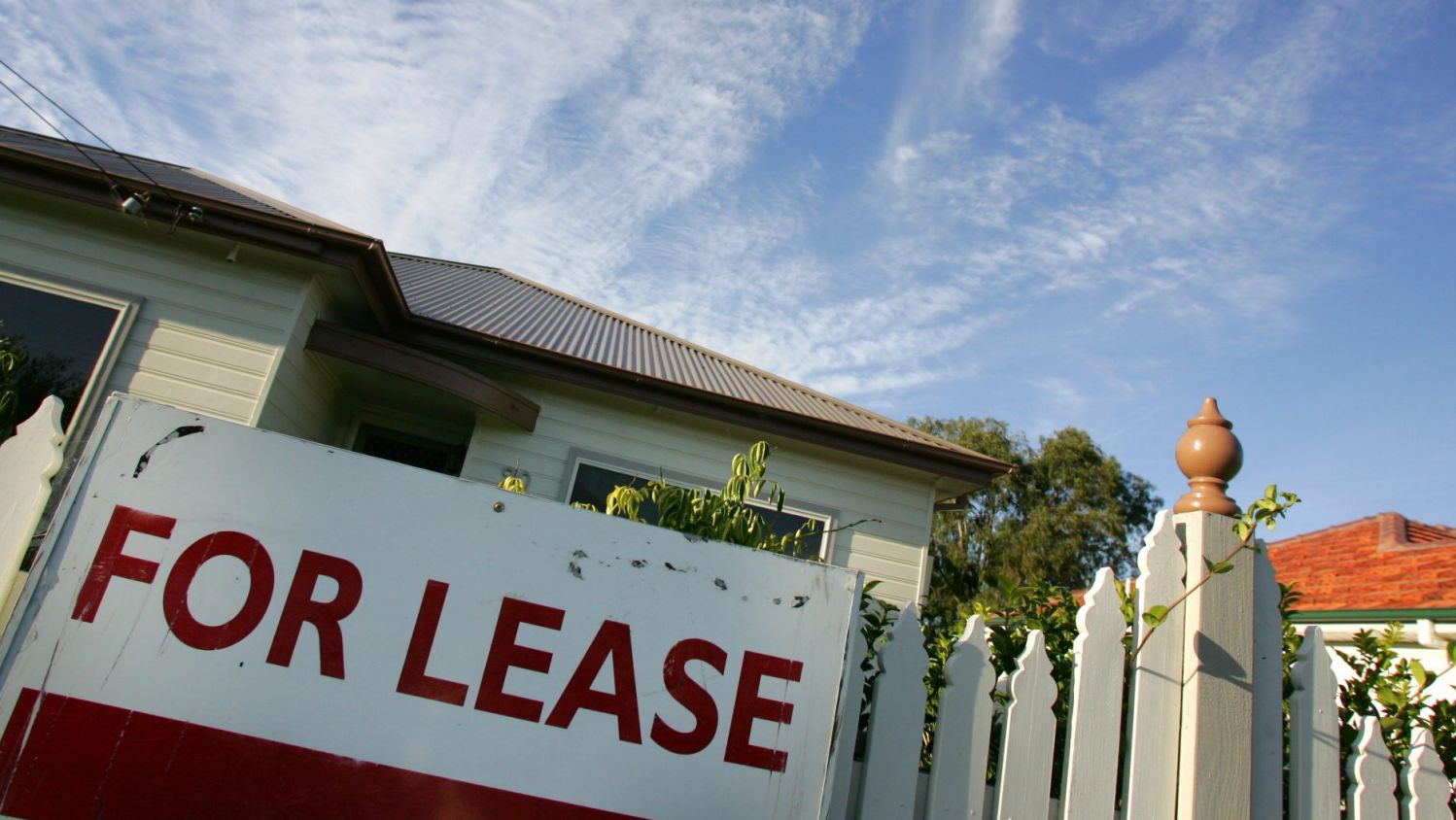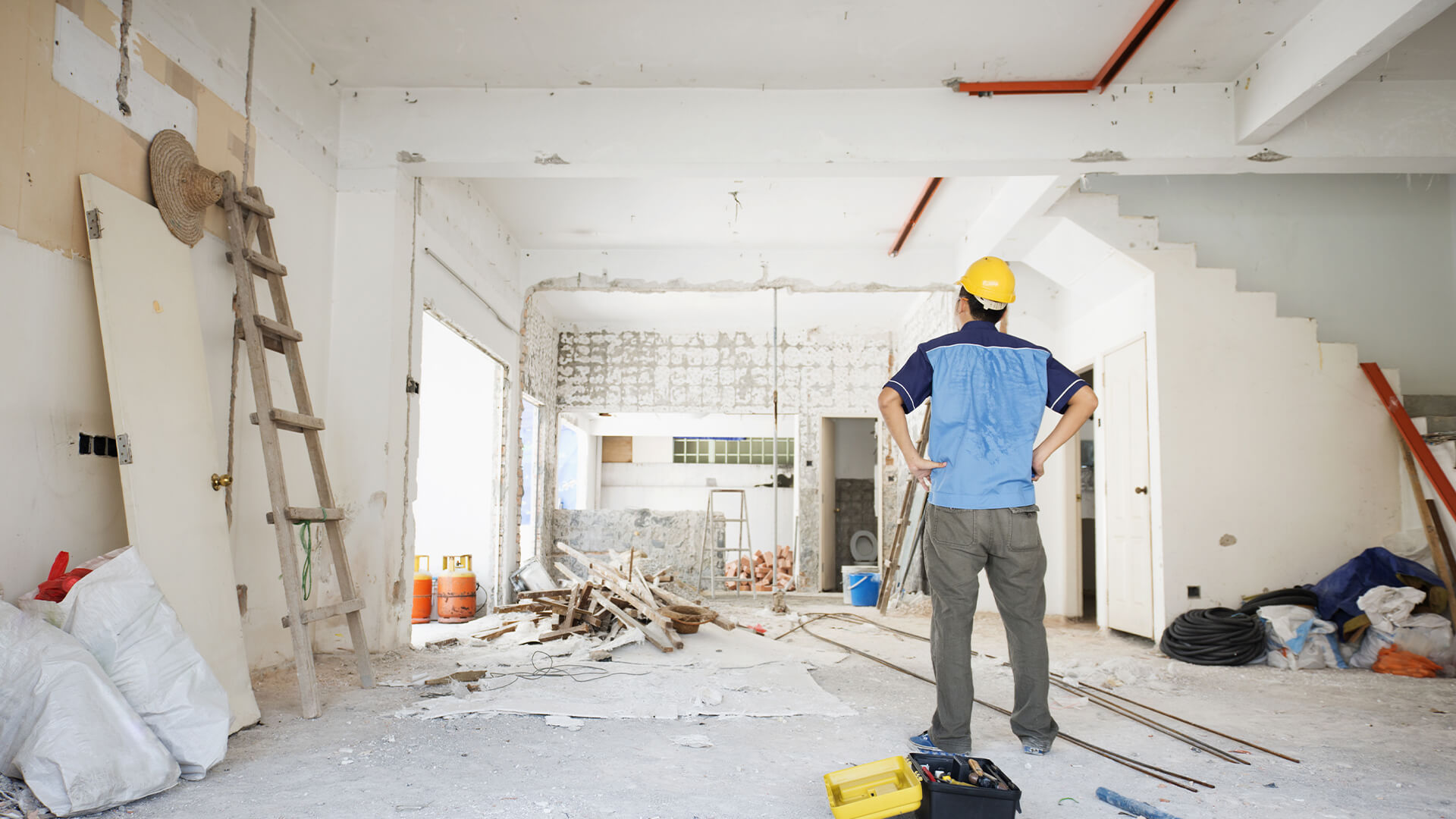New Victorian rental laws
How 1.5 million renters will be affected
If you are one of Victoria’s 1.5 million renters, listen up.
The state’s rental laws are set to undergo their biggest shake-up in decades.
The Andrews government’s suite of reforms passed both houses of Parliament, and will come into effect in July 2020.
Most of the changes are focused on improving the rights of tenants. Academics say the new legislation represents the strongest protections for renters in the country.
Here we explain what the reforms will mean and how they could affect you.
Inspecting and applying
- Rent bidding: Say goodbye to the stressful days when an agent would casually suggest an extra $20 per week might help to secure the keys. The new reforms have outlawed this practice. Real estate agents and landlords must advertise rentals at a fixed price, and cannot solicit or invite offers above that price.
- Lying and deceiving: Agents and landlords cannot mislead or deceive prospective renters. For example, an agent would be breaking the law if they spruiked a high-speed internet connection if they knew that wasn’t the case.
- Bonds: Bonds are capped at four weeks’ rent. The only properties that are excluded are those that are rented out at more than twice the state’s median weekly rent, or where the renter has agreed to pay a higher bond.
- Pets: Landlords will only be able to say no to pets by order of the Victorian Civil and Administrative Tribunal. In deciding whether or not is reasonable for the landlord to refuse pets, the tribunal may consider the type of pet you have, the nature of the rented premises and its appliances or fixtures, and other prescribed matters (such as whether the landlord has allergies, for example).
- Your right to know: Landlords and property owners must disclose if the property has asbestos. They will also be required to inform you if there are any plans to sell the property or existing mortgagee action to possess the property.
Living in the rental
- Rent increases: Rent can only be hiked once every 12 months. Previously it was six months.
- Modifications: One of the most controversial changes, renters can make certain minor modifications to rental properties without the landlord’s written consent. This means you could nail a hook into a wall or install extra security measures. But you are still responsible for restoring any changes made. Also, you cannot permanently damage or change the structure of the property, its fixtures or its surfaces.
- Minimum standards: Rental homes should meet basic standards such as a functioning toilet, adequate hot and cold water connections, a functioning oven, heating in the main living area and window coverings to ensure privacy in bedrooms. External windows should have latches for security, and all external doors should have a functioning deadlock. If your rental does not comply with the minimum standards when you move in, you can demand the landlord carry out urgent repairs.
- Urgent repairs: Blocked toilet? Gas leak? Burst water main? You are allowed to organise urgent repairs if you have been unable to get the landlord or real estate agent to fix it. And under the new laws, your landlord must reimburse you within a week. Previously it was two weeks.
- Non-urgent repairs: You can also apply to VCAT to make an order requiring the landlord carry out non-urgent repairs — as long as you have given the landlord written notice and they have not fixed the issue within 14 days. It’s worth noting that your landlord can issue you a repair notice if the damage was your fault.
Read the remaining of the full article by ALLISON WORRALL via Domain – HERE



